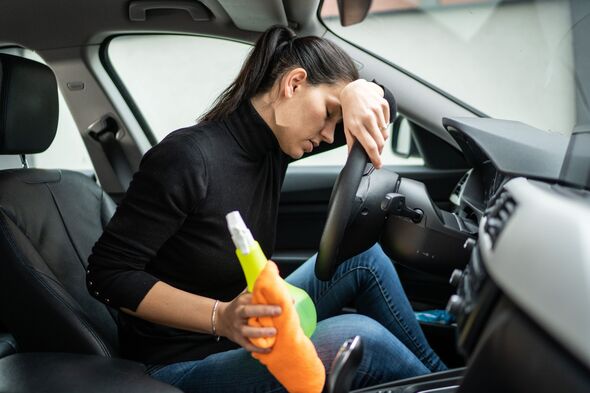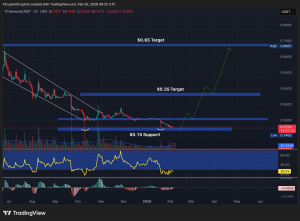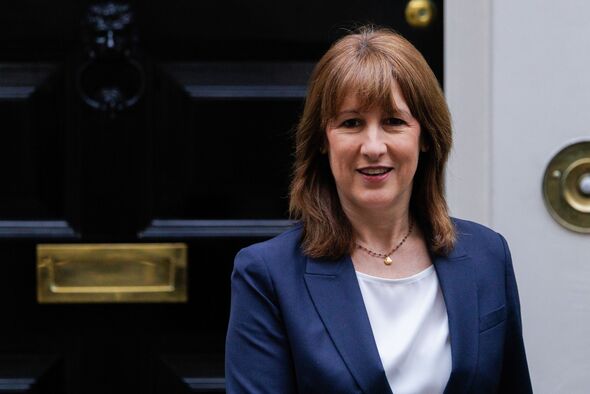As temperatures dropped below zero on South Dakota’s Pine Ridge Indian Reservation earlier this month, one young girl felt she had had enough. She was tired of feeling cold inside her home as temperatures plummeted, which they do often there. She had enough of watching her parents constantly struggle to scrounge up wood to heat the house. The 12-year-old girl went to the bathroom and tried to kill herself. “She was tired of waking up cold,” Jimmy Two Bulls, a Pine Ridge resident who’s helping out the girl’s family, told HuffPost. “Reservation life is a hard life to live. It’s a struggle.” Suicides reached record highs in South Dakota last year. Oglala Lakota County, which is where the Pine Ridge reservation is located, was one of five counties in the state with the highest rates of suicide. People who have experience dealing with depression and suicide on the reservation say this is tied, in part, to the devastatingly difficult conditions residents face. While there’s no indication that suicides increase during the winter, local experts say winter’s relentless conditions can lead to feelings of despair. A 2016 study conducted through the UCLA Luskin School of Public Affairs found that there’s a close correlation between poverty rates and suicide rates in the U.S. “It’s tough, and it all builds up,” Eileen Janis, 57, who co-runs Oglala Sioux Tribe Suicide Prevention, told HuffPost. “And you say: ‘To hell with it. I just want to die.’” Janis’s organization is the reservation’s sole suicide prevention group, and she and just one other counselor, Yvonne DeCory, serve the reservation’s 40,000 residents. Both women keep their phones on 24 hours a day, seven days a week. DeCory said they may get calls about three or four suicide attempts a night, year round. Pine Ridge, which is larger than Delaware and Rhode Island combined, is in the third-poorest county in the United States. It’s home to the Oglala Lakota, a tribe that’s part of the Sioux people. Per capita income in the county is $9,150, and 80 percent of residents are unemployed. The pervasive poverty forces residents to make impossible choices: whether to pay to heat a home or buy enough food to feed the family, for example. Suicide is the most severe risk advocates worry about during the winter. But it’s not the only one. People living without heat are also susceptible to hypothermia, and older members of the community are particularly vulnerable because their health could already be compromised. Those who rely on space heaters run the danger of starting a house fire. Children who don’t have access to sufficient heat struggle to sleep at night and then aren’t able to concentrate in school, Alice Phelps, 47, principal of the Wounded Knee School District, told HuffPost. “The children act up at school. But when we talk to them one-on-one, the bottom line is they didn’t sleep that night,” Phelps, who grew up on the reservation, said. “They’ll say: ‘I didn’t have a blanket. I gave it to my little sister. I was cold.’ It just breaks your heart.” Winter is also the time children appreciate school the most, because the building is heated and they’re guaranteed at least one hot meal. Attendance is near perfect at this time of year, Phelps said. “They want to be in school,” Phelps said. “It’s warm. It’s safe. Their immediate needs are met. Wounded Knee is working on building a “safe house,” a place where up to 10 children in need of a place to stay for the night can come, whether because of abuse at home or not having heat or other critical resources. The building is basically complete, but Phelps is working on hiring a staff member to run it. But even those on the reservation who can afford to buy propane to heat their homes typically can’t afford as much as it takes to keep a house livable when temperatures are drop below zero, said Bob Claussen, owner of Bob’s Gas, a company in Martin, South Dakota, that makes the 45-mile trek to the reservation when it’s able. Claussen said he typically gets around 15 “small” orders for propane – about $150 worth of propane at a time. But that can last only about three weeks, he said. A number of nonprofits work with fuel companies to get propane to households in need. Lakota Kidz, an organization that donates supplies like books and clothes to the reservation, is one of the groups that works with Bob’s Gas. Lakota Kidz donates enough to cover two months’ worth of fuel for about 30 families on the reservation. Last year, the Oglala Sioux Tribe received $1.2 million in funding from the Low Income Home Energy Assistance Program, a federal program that helps underserved families with their energy bills and other needs. Those funds will drop slightly this year. In addition to struggling to afford heat, many residents also live in run-down homes that simply aren’t built for the brutal winters. Some of these homes have only one room. In more than half the homes, anywhere from three to four families are packed under one roof. Faced with few alternatives, residents take desperate measures to stay warm. Some keep their ovens on. Others take refuge in their cars, which also raises the risk of carbon monoxide poisoning. Residents will wrap plastic around their windows to help insulate the interior, said Jeri Baker, founder of One Spirit, a nonprofit that provides firewood to people in need. The organization pays five workers to collect wood and deliver it to struggling households. The workers get $100 to $150 per job. The nonprofit spent about $11,000 last year on salaries and equipment, Baker said. Jimmy Two Bulls, who’s employed by One Spirit, grew up on the reservation and still chokes up when he talks about the conditions he’s seen. He’s been to homes that have gaping holes in the floor. He recently visited an elderly woman who didn’t have a handle on her front door and used a rag to keep it shut. Outside of his work with the nonprofit, Two Bulls donates what he can, when he’s able. An older woman recently approached Two Bulls with a Mason jar filled with $67 in coins. She asked him how much the loose change could buy her. Two Bulls handed over a load of wood, free of charge. “All around,” he said, “it’s a hard thing to witness.” The reservation is preparing for a cold front this weekend and potential storm. Temperatures are expected to drop to -5 with a wind chill of -19. Advocates and educators are taking necessary precautions. Janis and DeCory said they are monitoring Facebook to see if there are any children in distress, and they are giving their numbers to as many people as possible. Others in the community are checking in on older residents. “Everyone’s in survival mode,” Phelps said. “Out here, it feels like we’re in our own world. It doesn’t feel like the U.S. It feels like a third world country.” If you or someone you know needs help, call 1-800-273-8255 for the National Suicide Prevention Lifeline. You can also text HELLO to 741-741 for free, 24-hour support from the Crisis Text Line. Outside of the U.S., please visit the International Association for Suicide Prevention for a database of resources.















